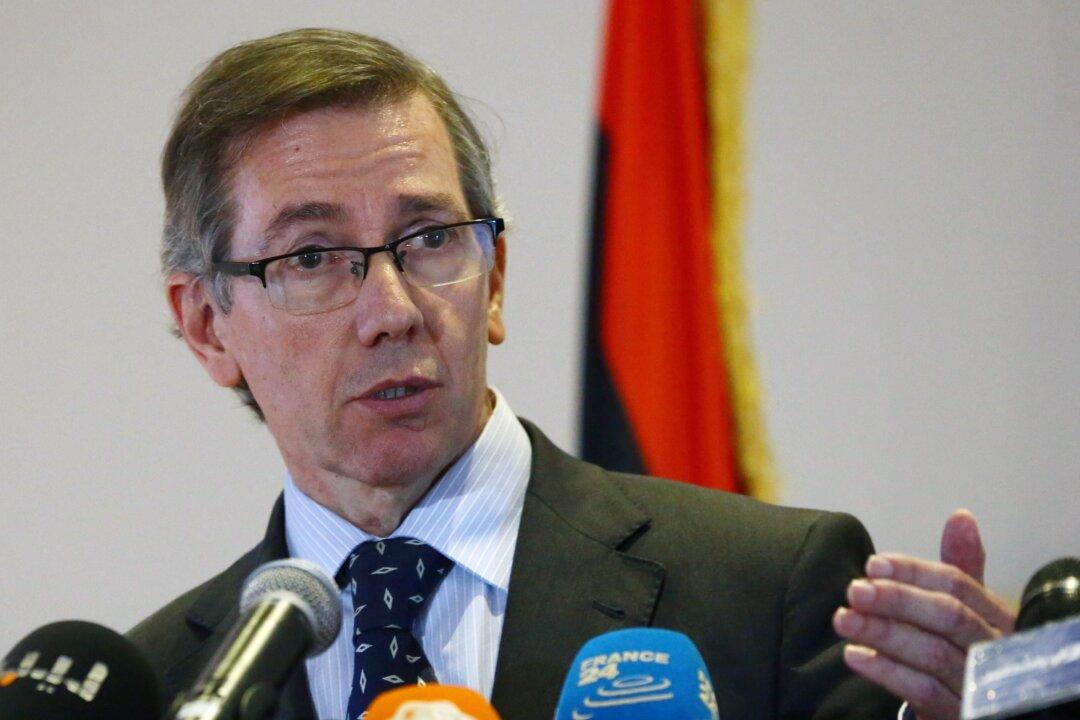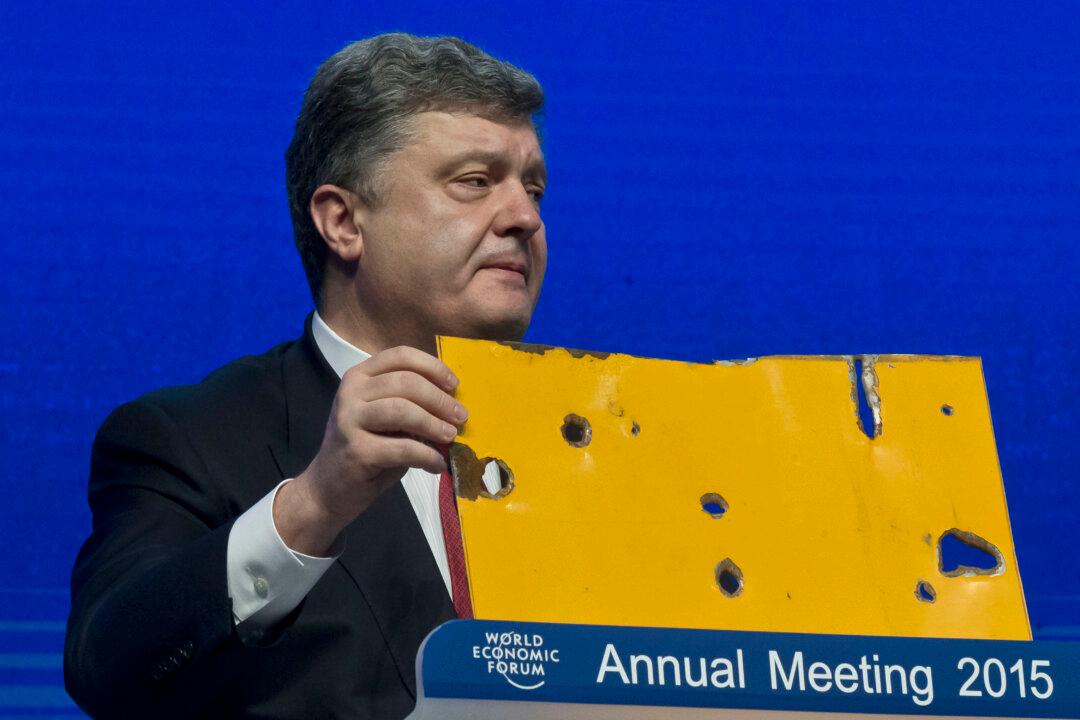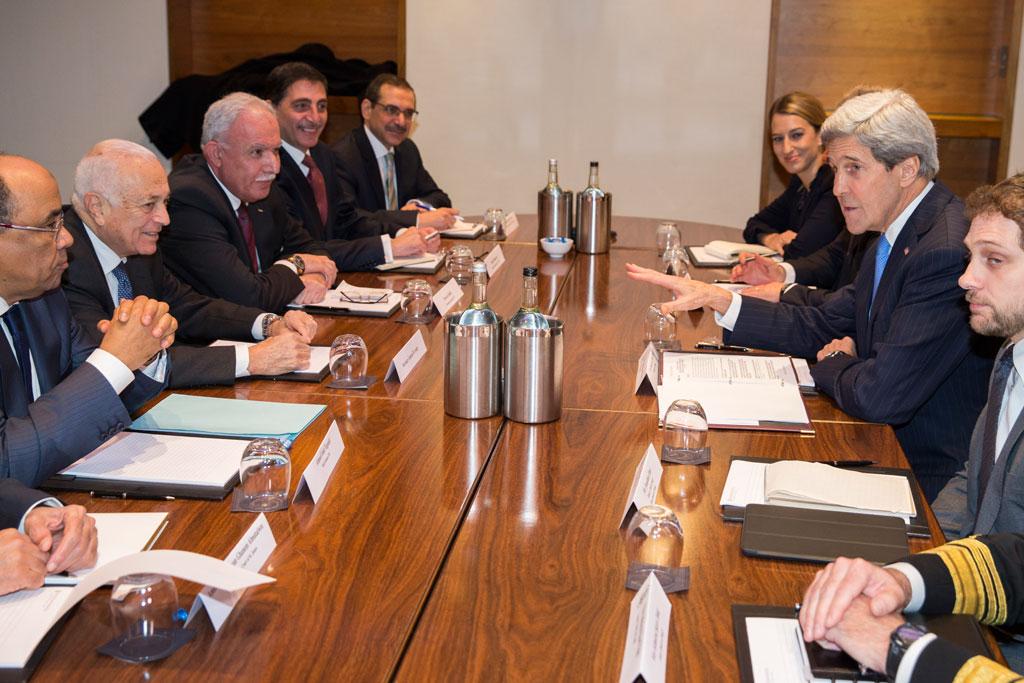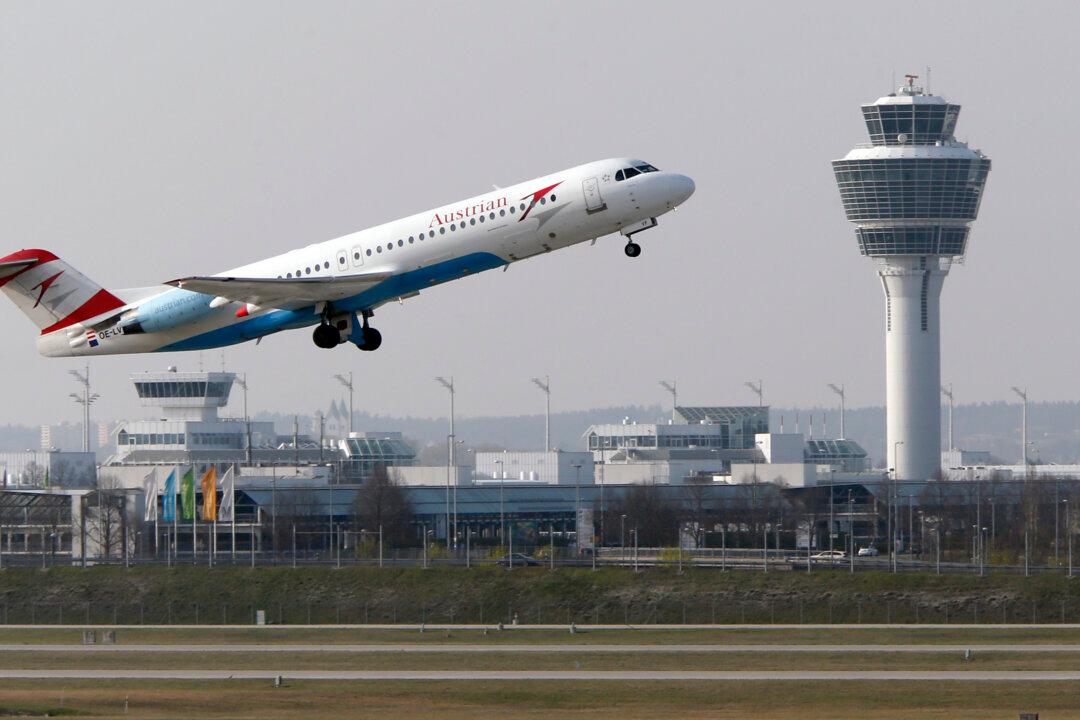GENEVA—Fighting between armed groups in Libya has killed hundreds of civilians and could lead to prosecution for war crimes, the U.N.’s top human rights official said Tuesday, while the U.N. envoy to Libya said talks between the groups are set for early January.
Libya is now split between two governments, one that is internationally recognized and another backed by Islamist militias. The U.N. has warned that the violent chaos threatens the region’s stability.
Talks are set for Jan. 5 after agreement was reached on a road map toward calming the conflict, U.N. envoy Bernardino Leon told the Security Council.
The U.N. high commissioner for human rights, Zeid Raad al-Hussein, said there have been hundreds of civilian deaths and serious challenges to daily living for those trapped in areas of fighting.
A report Tuesday from his Geneva-based office and the U.N. Support Mission in Libya found indiscriminate shelling of some civilian areas and at least 120,000 people driven from their homes in an escalating humanitarian crisis. The report is based on evidence between September and mid-December.





